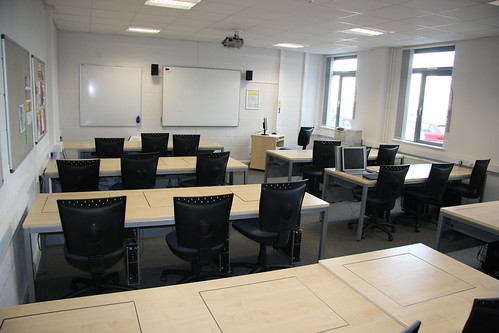We spend a lot of time thinking up ways to engage our students: tinkering with the text of our remarks, searching for le mot juste, much less the perfect illustration, devising imaginative exercises. The better the prep, we tell ourselves, the better the class.

This week, the subject of my "Jewish Lives" class was Mary Antin and her 1912 autobiography, The Promised Land, a celebration-cum-manifesto of the processes by which immigrants became Americans. We discussed why the book was so widely reviewed and saluted in the years prior to World War I, why it has remained in print for nearly 100 years and what it might possibly offer those of us who've come of age in the 21st century.
Our exchanges, though lively, were couched largely in intellectual terms. The students tended to view the challenges that Antin faced through the prism of history, distantly. Finding one's voice and footing; figuring out which rituals and traditions to retain and which to jettison; how best, as Antin put it, "to take possession of America" -- all this seemed, well, academic.
And then, up in the front of the room, a first-year student who is usually quiet and contained began to speak in an accented English and with mounting excitement about the copy of The Promised Land which she had obtained via interlibrary loan: a first edition. More tellingly still, she told us how its tattered condition as well as its long, long list of stamped due dates bore witness to the book having been read and re-read -- and now, read again.
All of a sudden, it dawned on everyone in the room that Mary Antin’s words were not just glimpses into a world gone by or, for that matter, pretty turns of phrase. In one powerful moment, we came to understand that for some of us at GW in 2011, Mary Antin's words were as evergreen and fresh and vital as they had been way back when in 1912.

